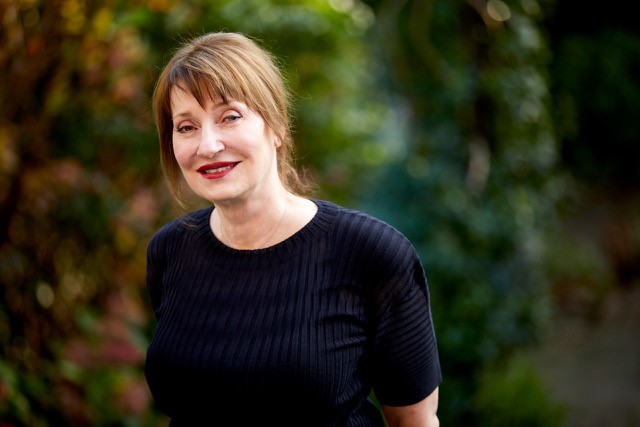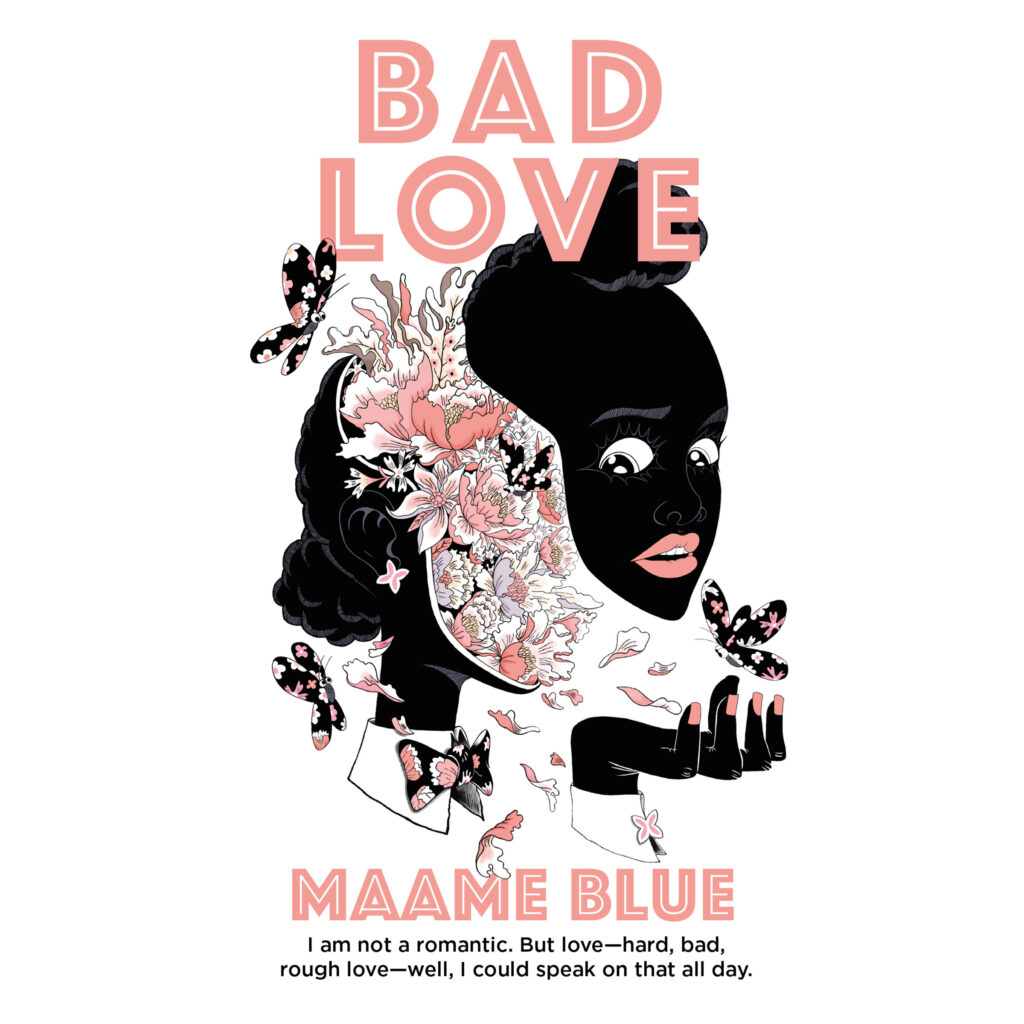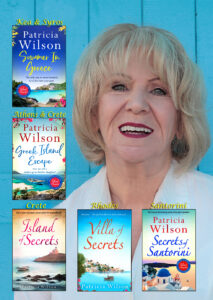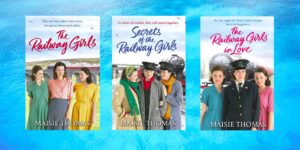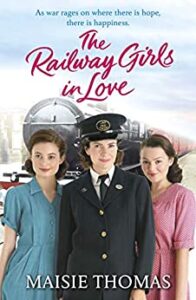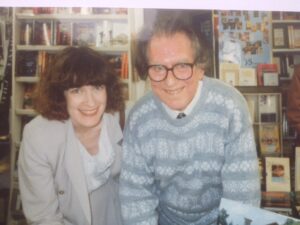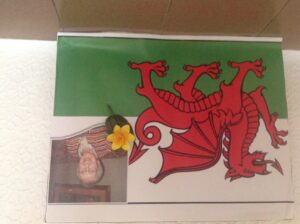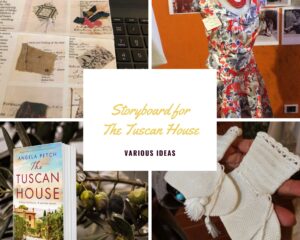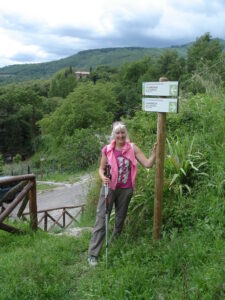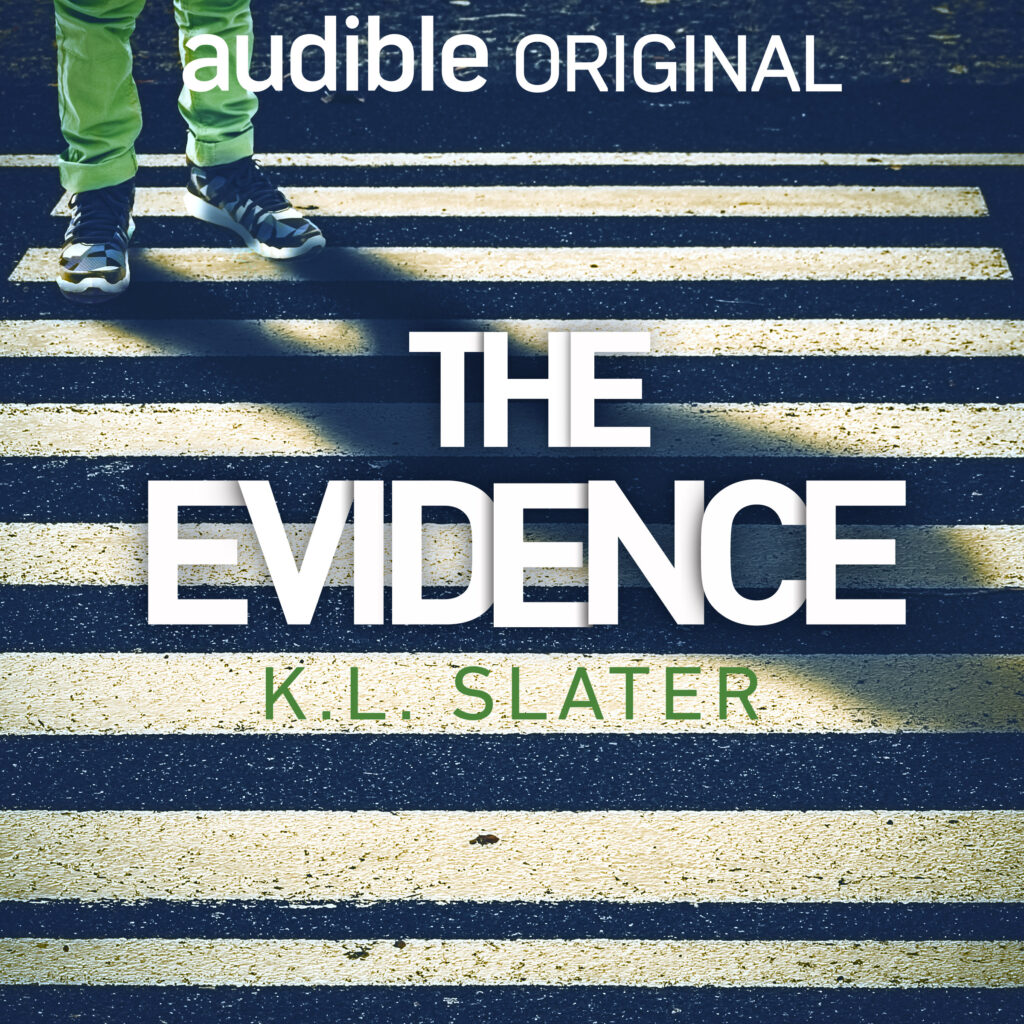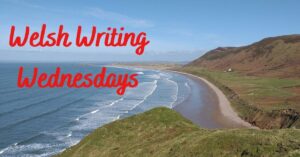 As a child and into my teens I wrote voraciously. I wrote for competitions, wrote for the school magazine, wrote for the sheer joy of making images through words.
As a child and into my teens I wrote voraciously. I wrote for competitions, wrote for the school magazine, wrote for the sheer joy of making images through words.
Then I entered the workplace; the Civil Service – where words meant facts, policies, rules – and I met my future husband.
We were young and infatuated with one another – we married – writing flew out of the window; there was no time to live in the imaginary world; we had the real world to explore, to live.
Seven years later, with three children under five, an old cottage half renovated, and my husband’s small business that took up a lot of time, we decided to get off the treadmill. At least for a fortnight.
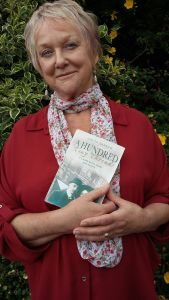 Pre children, cottage and business, we holidayed abroad. Too expensive, too ambitious with three children we decided to go to Wales. David’s grandfather originated from Four Crosses, near Welshpool; we’d call there on our way to Pembrokeshire. Though, in nineteen seventy-eight, there was no easy route from the North of England to West Wales, it was still easier than going abroad.
Pre children, cottage and business, we holidayed abroad. Too expensive, too ambitious with three children we decided to go to Wales. David’s grandfather originated from Four Crosses, near Welshpool; we’d call there on our way to Pembrokeshire. Though, in nineteen seventy-eight, there was no easy route from the North of England to West Wales, it was still easier than going abroad.
And it was to change our lives.
We found a lovely big house that needed TLC – or so husband decided. We could afford it – or so husband thought. And with Pembrokeshire’s wonderful beaches for the children, how could we not put in a bid?
One cold, wet, miserable November, we moved from England to Wales.
Years passed, Husband started a new business, it flourished, the children had many hobbies, in the spirit of giving something back I was on every committee (usually as the secretary). We had two aunts living with us in the flat attached to the house (both of whom eventually developed dementia). We did a stint at B&B.
But I realised I was yearning to write again.
I hadn’t been allowed to stay on for the sixth form in school so, in my forties by now, I took my A level in English Literature, completed various creative writing courses, took a script writing/drama course at Swansea University, and started a BA degree course with the Open University. This took longer than I expected due to contracting breast cancer halfway through the course.
During those years I had short stories and poems published, a play performed at the Dylan Thomas Centre in Swansea and one play filmed.
Eventually I gained a MA degree at what was then, Trinity College, in Carmarthen.
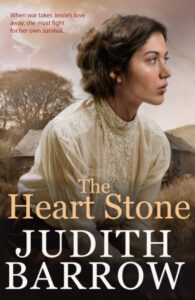 Shortly afterwards I was asked if I would tutor some creative writing classes for Pembrokeshire County Council, under an adult Lifelong Learning Scheme. Something I’m still doing. I will be so glad to get back to the classrooms once we can carry on in ‘real’ life.
Shortly afterwards I was asked if I would tutor some creative writing classes for Pembrokeshire County Council, under an adult Lifelong Learning Scheme. Something I’m still doing. I will be so glad to get back to the classrooms once we can carry on in ‘real’ life.
I write family sagas which crosses various genres, and, over the last twelve years, I have been published by Honno, the longest-standing independent women’s press in the UK.
I made many friends in the writing world. One of those was Jan Baynham. Although she lives some miles away, we managed to meet up to ‘talk writing’. She is one of the original members of the Cardiff Chapter, now renamed the Cariad Chapter. I became a member of the RNA. Unfortunately, I was unable to go to the meetings as they were held at the same time as I was teaching, Still, I kept in touch with all the news.
The lockdown brought many problems, one of which was keeping in touch online. Eventually I bought a new laptop to replace my ancient PC which enabled me to be on Zoom and join in with RNA and Cariad Chapter meetings, and the courses and workshops.
And who knows, one of these days I’ll be able to attend one of the Romantic Novelists’ Association conferences. Certainly something to look forward to.

